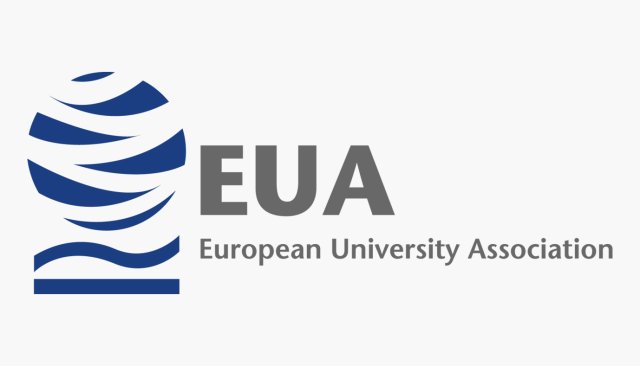VID blir medlem av European University Association

- Av: Bård Mæland
- Publisert: 25. april 2018.
VID søkte i mars om medlemskap i European University Association og mottok allerede i april melding om at vi er tatt opp som fullt, individuelt medlem. European University Association har medlemmer fra 47 europeiske land, herunder også såkalte rektorkonferanser fra ulike land (i Norge: Universitets- og høgskolerådet).
European University Association presenteres offisielt slik: The European University Association is the representative organisation of universities and national rectors’ conferences in 47 European countries. European University Association plays a crucial role in the Bologna Process and in influencing EU policies on higher education, research and innovation. Thanks to its interaction with a range of other European and international organisations European University Association ensures that the independent voice of European universities is heard, wherever decisions are being taken that will impact on their activities.
Vil knytte kontakter
Medlemskapet til VID er basert på at VID tildeler doktorgrad fra egne doktorgradsprogram, og at vi deltar i europeiske og nasjonale fagfellevurderte forskningsprogram (for eksempel gjennom tildelinger fra Norges forskningsråd).
VID ønsker å benytte medlemskapet til å knytte viktige faglige og administrative kontakter til både enkeltinstitusjoner og European University Association gjennom de nettverk og konferanser European University Association tilbyr innen utdanning, forskning og innovasjon, og er også glad for den politiske rollen European University Association har hatt og har som stemme for høyere utdanning, akademisk frihet og institusjonell uavhengighet i Europa.
Har underskrevet på Magna Charta Universitatum
I forbindelse med søknaden har VID også underskrevet på Magna Charta Universitatum, et dokument fra 1988 som fremhever viktigheten av europeiske universitetstradisjoner og oppmuntrer til universitetssamarbeid for å bygge fremtidens Europa:
- The university is an autonomous institution at the heart of societies differently organised because of geography and historical heritage. It produces, examines, appraises and hands down culture by research and teaching. To meet the needs of the world around it, its research and teaching must be morally and intellectually independent of all political authority and economic power.
- Teaching and research in universities must be inseparable if their tuition is not to lag behind changing needs, the demands of society, and advances in scientific knowledge.
- Freedom in research and training is the fundamental principle of university life, and government and universities, each as far as in them lies, must ensure respect for this fundamental requirement. Rejecting intolerance and always open to dialogue, a university is an ideal meeting-ground for teachers capable of imparting their knowledge and well equipped to develop it by research and innovation and for students entitled, able and willing to enrich their minds with that knowledge.
- A university is the trustee of the European humanist tradition. Its constant care is to attain universal knowledge; to fulfil its vocation it transcends geographical and political frontiers and affirms the vital need for different cultures to know and influence each other.